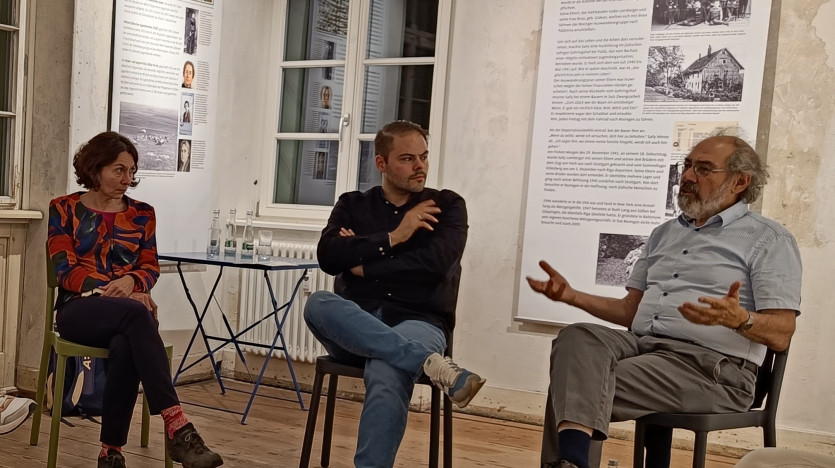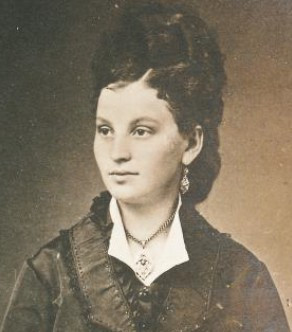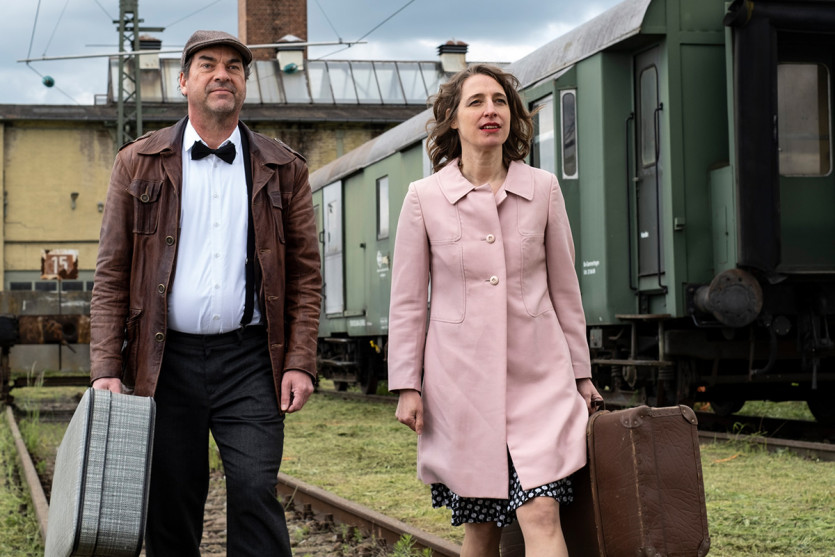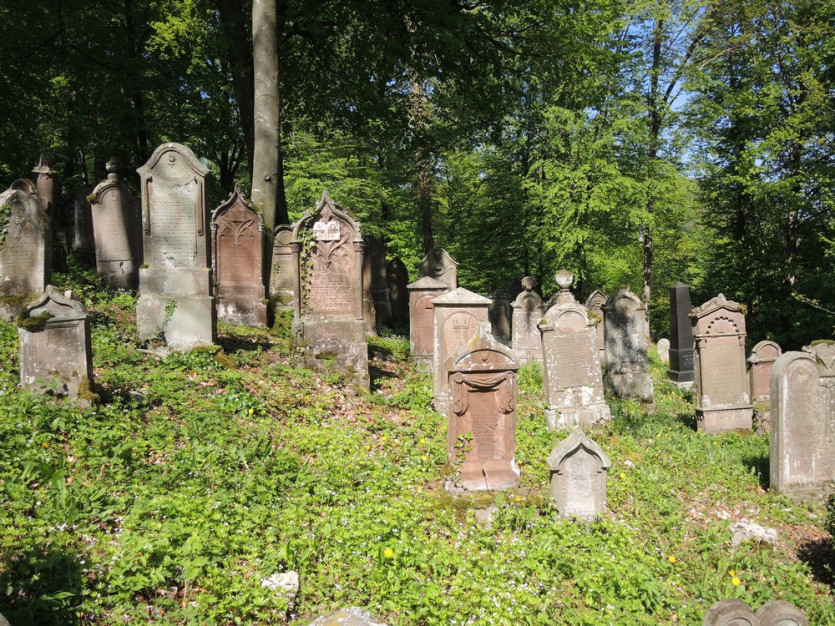Events
March Events in March 2026
-
Workshop
Religion? All you can ask! Interreligiöse Veranstaltung im Rahmen der Internationalen Wochen gegen Rassismus in Horb
-
Event date MON 16.03.2026
-
Event time 19:00 Time
-
Event venue Former Synagogue Rexingen
-
-
Matinee
Mütter – Wohltäterinnen – Geschäftsfrauen. Jüdische Frauen in Horb Ein Geschichtsfrühstück am Dienstag 24. März 2026 im Begegnungshaus in Eutingen-Weitingen
-
Event date TUE 24.03.2026
-
Event time 09:00 – 11:30 Time
-
Event venue Begegnungshaus in Weitingen
-
-
Music
Songs of Exile mit der Gesangskünstlerin Sophia Brickwell und dem Pianisten Klaus Hügl aus Tübingen. Ein Chansonabend über die deutsch-jüdische Musikszene in der amerikanischen Emigration.
-
Event date SUN 29.03.2026
-
Event time 17:00 Time
-
Event venue Former Synagogue Rexingen
-
April Events in April 2026
-
Guided tour
In Stein gemeißelte Lebensspuren Eine Führung über den jüdischen Friedhof in Rexingen
-
Event date SUN 26.04.2026
-
Event time 14:00 Time
-
Event venue Jewish Cemetery Rexingen
-



